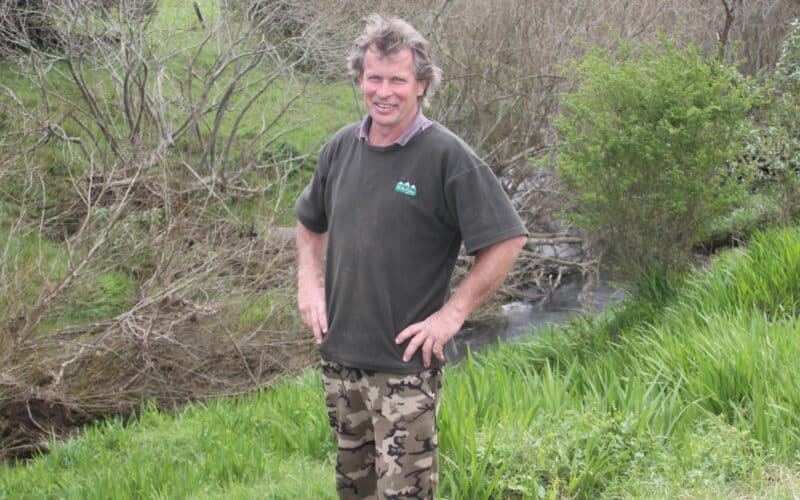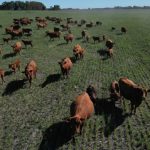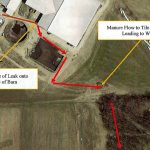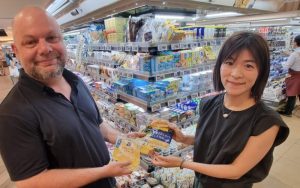
‘Whole process of farmer remits needs examination,’ Northland farmer says.
Four remits to the Fonterra annual meeting from Northland farmer Richard Dampney received between 15% and 18% support from farmers who voted, despite what he calls a big squash by the board.
“My experience showed the whole process of farmer remits needs examination as large numbers of disenchanted farmers did not vote or attend meetings of the co-operative,” Dampney said.
At the annual meeting in Methven, Dampney said, he was thrown off kilter by the decision to treat his four remits as one, effectively denying him speaking rights as the mover of each.
“All previous remits were proposed and seconded in the usual manner but mine were lumped together.
“I raised a point of order with the chair and was shut down.”
He said the whole system of farmer remits to the annual meeting is a waste of time because most shareholders who bother to vote have done so before the meeting.
He asked for a show of hands of farmers in the hall and saw fewer than 20.
“I was told there were 53 farmers online, so effectively I was speaking to less than 1% of the total shareholding.”
The fact that his remits gained between 15% and 18% support showed merit was seen in his proposals, according to some.
Most support was received for the proposal that two independent director positions be disestablished, instead of one of each.
But only about 30% of shareholders voted – a poor turnout that Fonterra needed to address.
Resolution 8, the company’s preferred plan to reduce by one farmer-director and one independent within the next 12 months, received 88.5% support.
Chair Peter McBride said the Companies Act and Fonterra’s constitution prescribe the way shareholder resolutions are handled before and during the meeting.
Two of the four Dampney remits were effective amendments to Part A of the constitution, which requires deliberation by the Co-operative Council and that was therefore done and advised before the meeting.
“There is no formal requirement for shareholders submitting proposals to address the meeting in person, but as per usual practice he was invited and spoke for nine minutes.”
On three occasions Dampney was requested to stick to the remits, rather than make general observations about the co-op.
“I determined that he had been given fair and reasonable time to address his resolutions and then put the resolutions to a vote,” McBride said.
Dampney lamented the loss of the farmer networking system through which proposals could be floated to the Shareholders Council.
“Whether my ideas are right or not, they only want to push their ideas.”
During general business Dampney asked chief executive Miles Hurrell why, if $1 billion of cost savings by 2030 had been identified, they couldn’t be implemented immediately.
“He said the plants had to be evaluated and the savings made. I think he was sounding the death knell for Maungatoroto, one of our two Northland plants.”






















